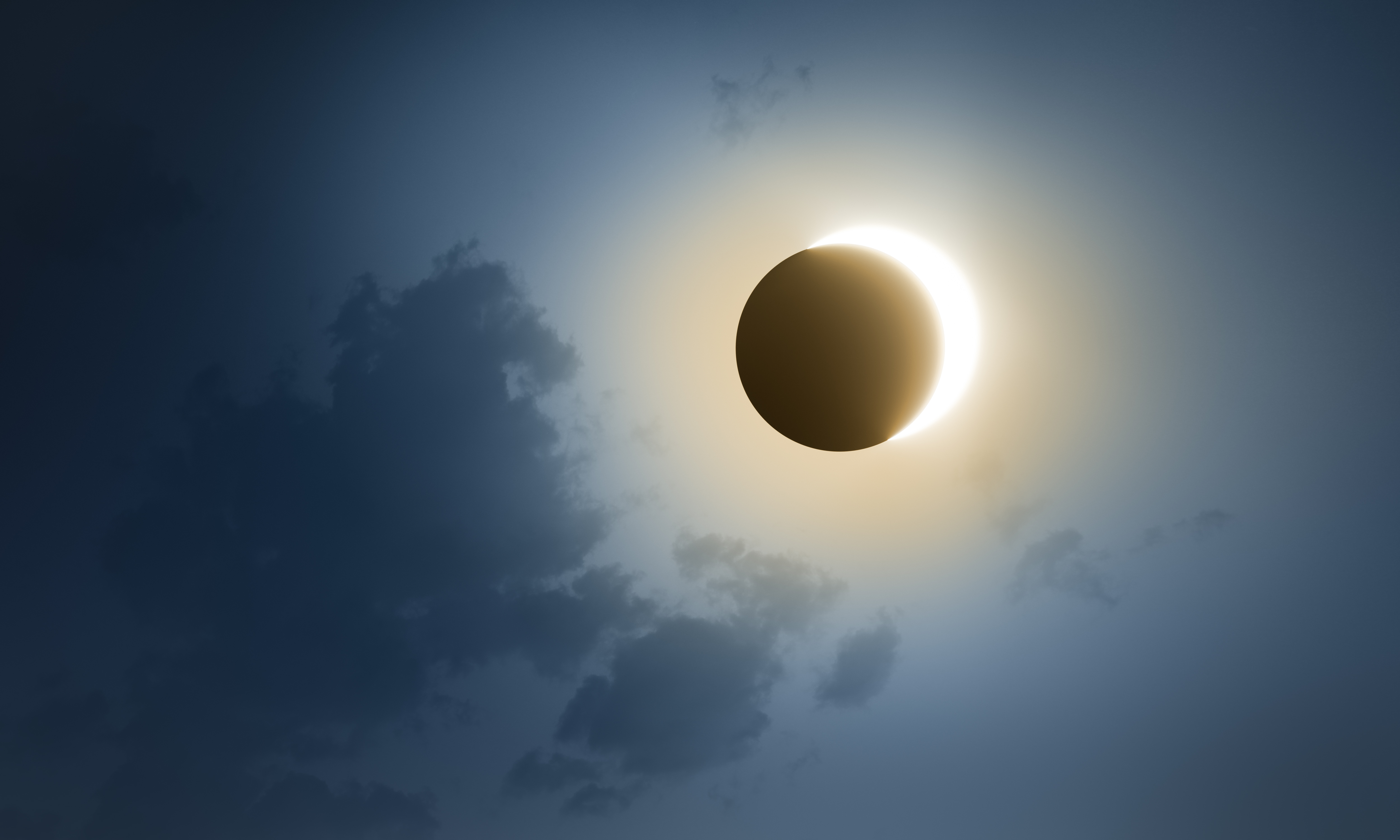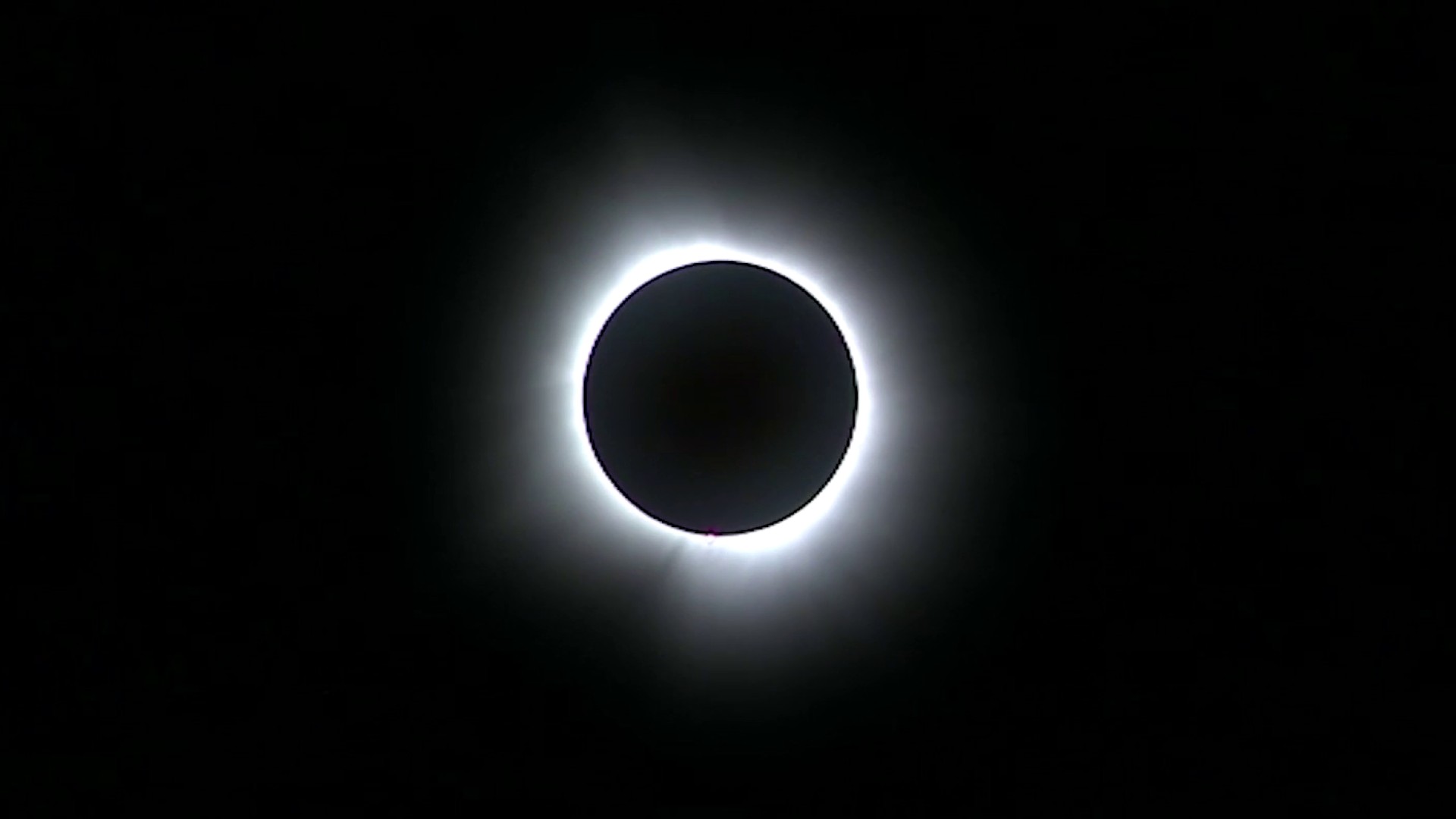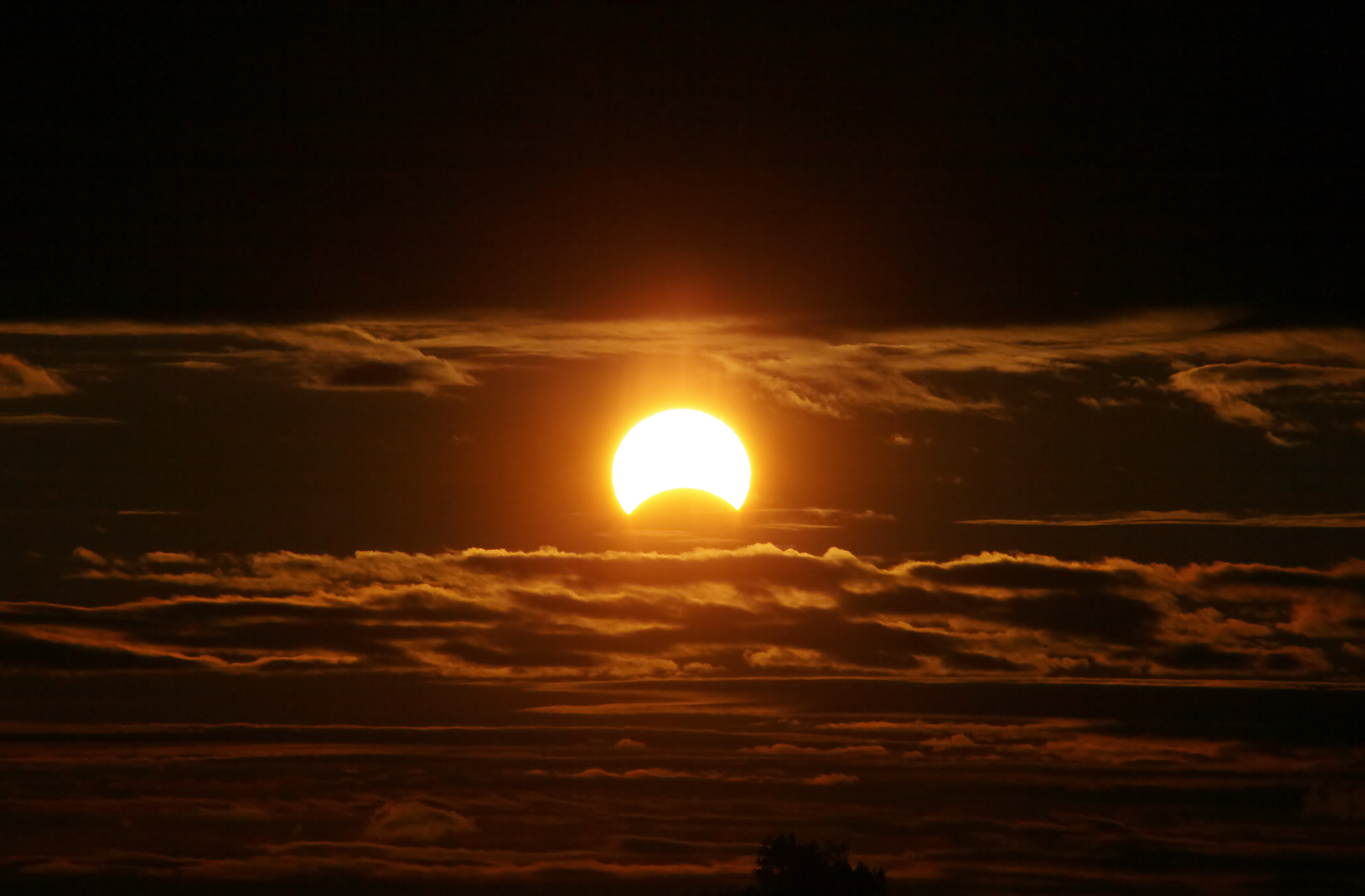If you missed Monday's total solar eclipse, it certainly wasn't the last, but what will you actually be able to see in the years ahead?
It'll be awhile until your next chance to see one in the U.S. -- and even longer until one occurs in Illinois again.
According to experts, full solar eclipses aren't uncommon, but most are over the Pacific Ocean or Antarctica, meaning they aren't visible to many.
The next solar eclipse that will likely garner some viewable attention takes place in August of 2026, will grace the northern fringes of Greenland, Iceland and Spain. Another is set to sweep across northern Africa in 2027.
Feeling out of the loop? We'll catch you up on the Chicago news you need to know. Sign up for the weekly Chicago Catch-Up newsletter here.
As for North America, however, another total solar eclipse won't arrive until 2033, but that one will only in Alaska.
It isn't until 2044 that another solar eclipse will be visible in multiple U.S. states. Even then, however, totality will be confined to Montana and North Dakota, along with western Canada.
WATCH: Did you miss the 2024 total solar eclipse? Re-watch the moment it happened
The next big one for the U.S. will be in August of 2045: That one will stretch from Northern California all the way to Cape Canaveral, Florida -- but it still won't be seen in Illinois.
According to NASA, the next total solar eclipse that will be visible in Illinois won’t occur until Sept. 14, 2099. That eclipse will be visible in northeastern Illinois, including the city of Chicago, as well as parts of Wisconsin, including Madison, Milwaukee and Kenosha.
It's part of the reason many called Monday's event once-in-a-lifetime.
"The solar eclipses that are going to occur, for the most part, that are going to be visible in our area after [April 8] will not be to the extent that this one is," Michelle Nichols, director of public observing at the Adler Planetarium, told NBC Chicago.
During Monday's eclipse, the Chicago area saw 94% of the sun covered.
"Pretty much all of them in the next several decades in our area won't feature the sun covered at 94%," Nichols said.
The spectacle was especially emotional for some, including NBC 5 Storm Team Meteorologist Pete Sack.
MORE: What should I do with my eclipse glasses? Here's where you can donate them
Sack, who was reporting live from Indianapolis, was moved to tears as the eclipse appeared in totality.




